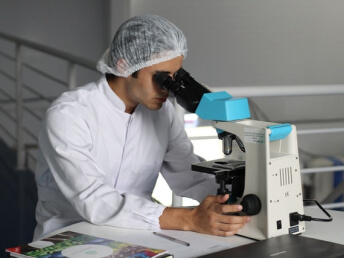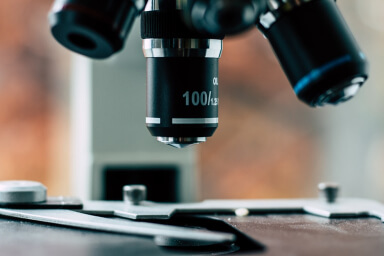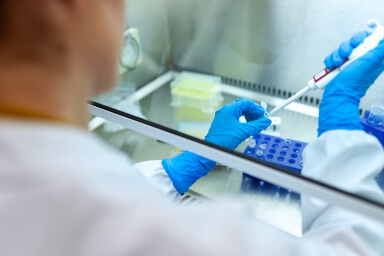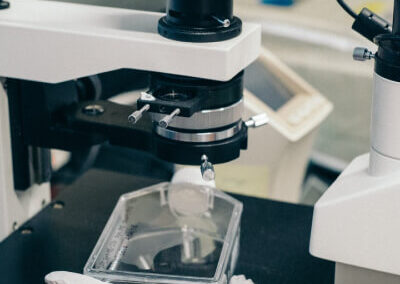When aberrant chemical processes impair the food’s natural ability to be broken down into forms the body can use, metabolic problems result. These conditions lead to an imbalance in the hormones needed to maintain good health. Among these metabolic illnesses is diabetes, a chronic condition brought on by insufficient insulin production by the pancreas or by the body’s inability to utilize the insulin that is produced. One hormone that controls blood sugar is insulin. Uncontrolled diabetes frequently results in hyperglycemia, or elevated blood sugar, which over time causes major harm to numerous bodily systems, including heart failure, stroke, neurological damage, renal failure, and blindness.
Currently, 387 million people worldwide have diabetes; by 2035, that figure is expected to rise to 592 million. People with diabetes make up 77% of the population in low- and middle-income nations. Diabetes was the primary cause of 1.5 million fatalities in 2012. This figure increased to 4.9 million in 2014, with 9% of adults who are 18 years of age and older having diabetes. Every country is seeing an increase in the number of persons with type 2 diabetes, with those between the ages of 40 and 59 having the highest prevalence. There are currently 179 million diabetics without a diagnosis 1, 2.
According to the International Diabetes Foundation, India has more diabetics than any other nation in the world. An estimated 1 million Indians lose their lives to the disease each year, with an average age of 42.5 years3. Presently, about 62 million Indians—more than 7.1% of the country’s adult population—are afflicted by the illness4. India is expected to have 109 million diabetics by 2035, making it the diabetes capital of the world, according to the Indian Heart Association.










